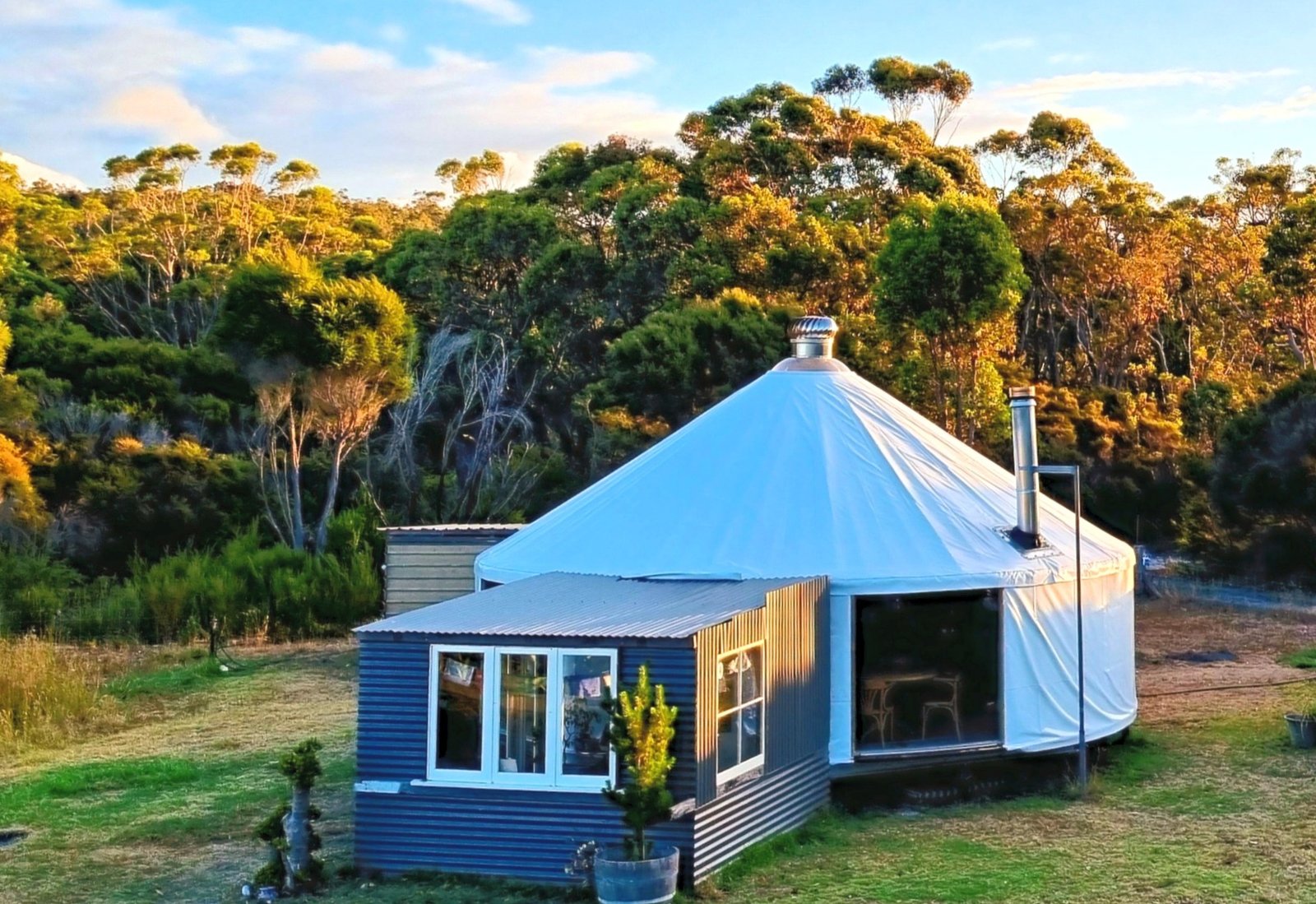In recent years, there has been a growing interest in alternative living, particularly in living off the grid. Living off the grid means being completely self-sufficient, producing your own power and water, and growing your own food. It can be an attractive lifestyle choice for those seeking to reduce their carbon footprint, achieve greater self-sufficiency, or to live a simpler life.
One of the biggest benefits of alternative living is the reduction in living costs. By generating your own power and water, and growing your own food, you can significantly reduce your monthly bills. This means you can save money, pay off debt, or invest in your future.
Alternative living can also provide greater independence and freedom. You are not tied to the grid or dependent on outside sources for your basic needs. This can be particularly appealing for those who value autonomy and self-sufficiency.
Living off the grid can also have positive effects on mental health. In a world where we are constantly bombarded with technology and distractions, alternative living can offer a respite from the noise and a chance to connect with nature. It can be a great opportunity to slow down, be present, and appreciate the simple things in life.
Of course, living off the grid is not without its challenges. It requires significant time and effort. However, for those who are committed to the lifestyle, the rewards can be immense.
Alternative living offers many benefits for those seeking to live a simpler, more sustainable life. By reducing living costs, providing greater independence and freedom, and promoting mental wellbeing, alternative living can be a great lifestyle choice for those looking for a change.



